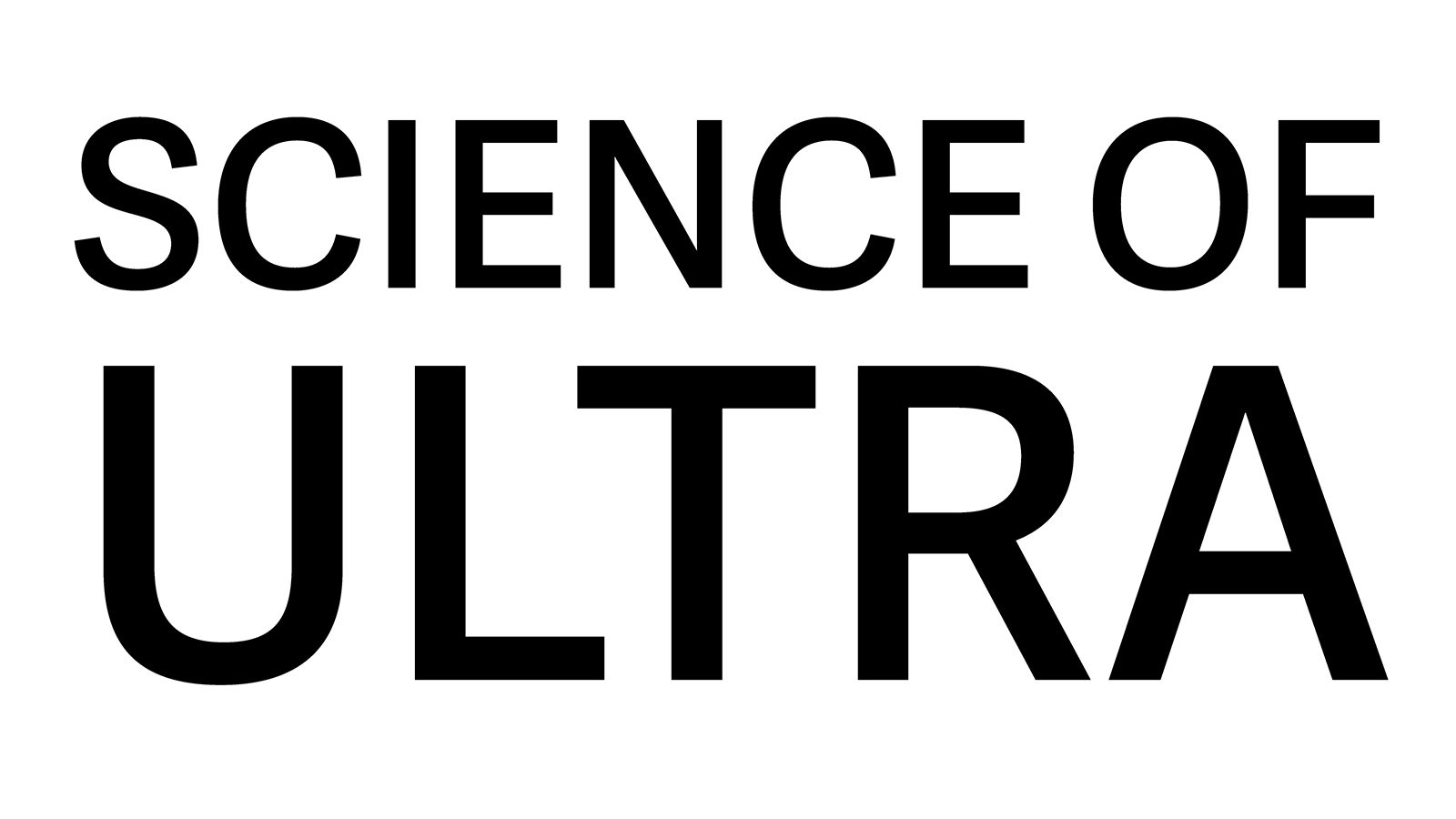Herman Pontzer, PhD
Herman Pontzer, PhD is an evolutionary anthropologist at Duke University interested in how the human body evolved and how our species’ past has shaped our health and physiology today. He studies the ecology, lifestyle, diet and evolutionary history of humans and apes to better understand metabolism and health. As you’ll hear in the interview, we emphasize what hunter-gatherer societies can tell us about the human body because it’s the lifestyle of hunter-gatherers that created the bodies we have. Several years ago, Dr. Pontzer and his colleagues were curious about the total energy expended per day by people living as hunter-gatherers. They discovered that nobody had made the actual, direct measurements. It took them a while to convince funding agencies that this was a good use of research dollars because the reviewers thought ’these are very active people, they’re going to be expending a lot more energy than sedentary people, we have good estimates of that based on activity level, we’re not going to learn anything here’. But Dr. Pontzer and is colleagues persisted, got the funding, and did the direct measurements. They discovered that the Hadza people of Tanzania expend the same number of calories per day as sedentary people in the United States and other modern societies despite being much more active.
Twitter: @HermanPontzer
A couple of great popular-press articles are
The Exercise Paradox is a great popular-press article by Dr. Pontzer in Scientific American
Find all of Dr. Pontzer peer-reviewed publications HERE on PubMed
Some of his key papers on the topic include (reverse chronological order):
Sitting, Squatting, and the Evolutionary Biology of Human Inactivity 2020 “Based on our results, we introduce the Inactivity Mismatch Hypothesis and propose that human physiology is likely adapted to more consistently active muscles derived from both physical activity and from nonambulatory postures with higher levels of muscle contraction.“
Extreme Events Reveal an Alimentary Limit on Sustained Maximal Human Energy Expenditure 2019 “we find evidence for an alimentary energy supply limit in humans of ~2.5× BMR; greater expenditure requires drawing down the body's energy stores“
Energy Constraint as a Novel Mechanism Linking Exercise and Health 2018 "Chronic exercise thus suppresses other physiological activity, including immunity, reproduction, and stress response. This exercise-induced downregulation improves health at moderate levels of physical activity but can be detrimental at extreme workloads.”
Economy and Endurance in Human Evolution 2017 "The development of endurance capabilities in Homo appears to parallel the evolutionary increase in brain size, cognitive sophistication, and metabolic rate.”
Constrained Total Energy Expenditure and the Evolutionary Biology of Energy Balance 2015 "The human body adapts dynamically to maintain total energy expenditure (TEE) within a narrow physiological range. Rather than increasing with physical activity in a dose-dependent manner, experimental and ecological evidence suggests the hypothesis that TEE is a relatively constrained product of our evolved physiology.”
Constrained Total Energy Expenditure and Metabolic Adaptation to Physical Activity in Adult Humans 2016 "For subjects in the upper range of physical activity, total energy expenditure plateaued, supporting a Constrained total energy expenditure model. Body fat percentage and activity intensity appear to modulate the metabolic response to physical activity. Models of energy balance employed in public health should be revised to better reflect the constrained nature of total energy expenditure and the complex effects of physical activity on metabolic physiology."
